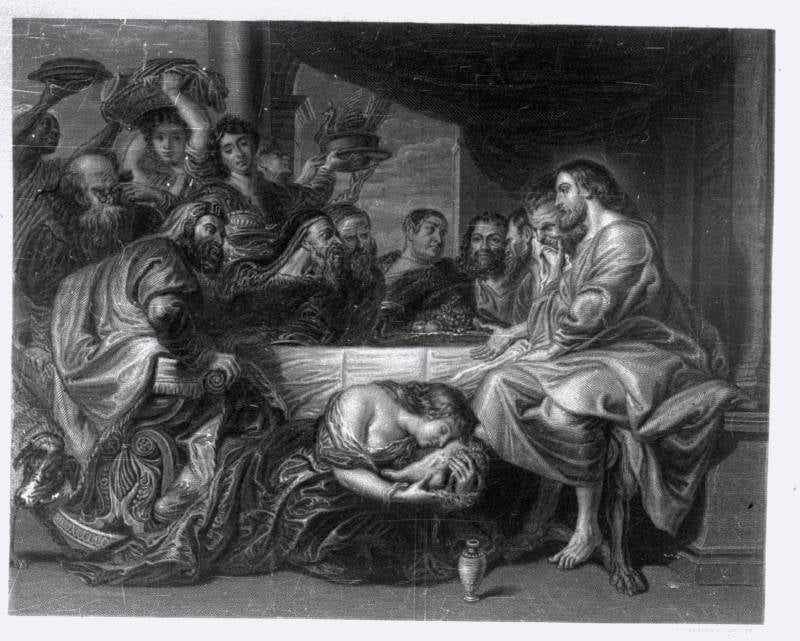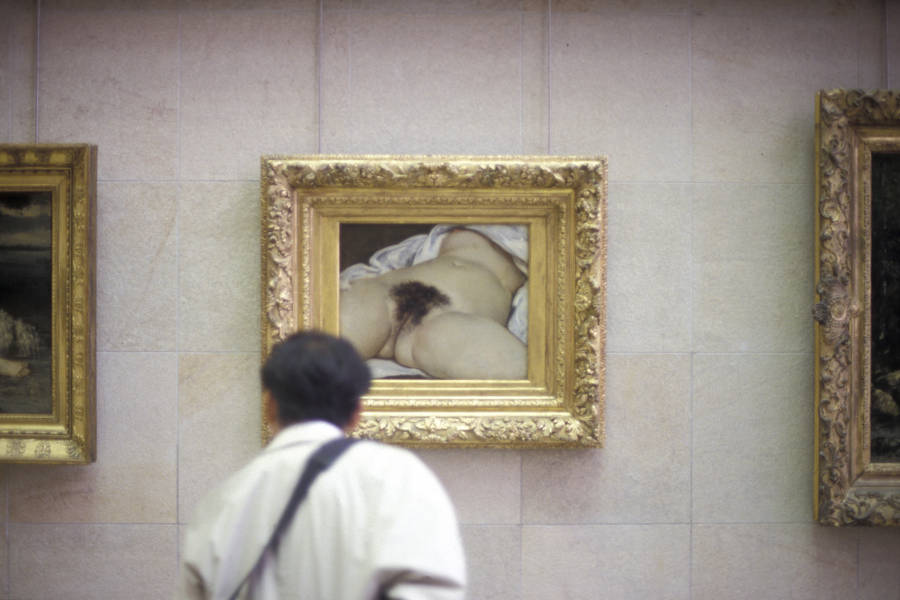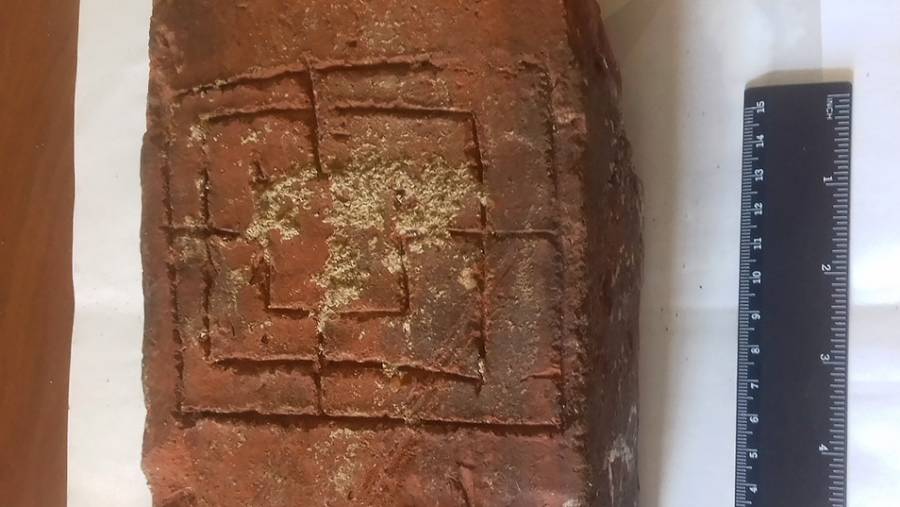Jesus' possible use of cannabis oil, the mystery of "art's most scandalous vagina," and an unearthed medieval board game.
Experts Believe That Jesus May Have Used Cannabis Oil To Perform His Miracles

GettyA depiction of Mary Magdalene anointing the feet of Jesus Christ.
Jesus and his apostles might have used cannabis oil to perform his healing miracles — a controversial theory that is being championed by a number of experts.
Author David Bienenstock, who is also the editor-in-chief of High Times magazine, believes that cannabis was widely available during Jesus’ era 2,000 years ago. He also believes that cannabis was used all across the Middle East to treat various illnesses and ailments.
Dig deeper here.
The Mystery Behind One Of Art History’s Most Scandalous Paintings Has Just Been Resolved

Cesar Lucas Abreu/Cover/Getty ImagesThe Origin of the World by Gustave Coubert was painted in 1866.
A French historian claims that he has inadvertently uncovered one of the most scandalous mysteries in the art history community — the identity of the nude model who posed for Gustave Courbet’s 1866 painting The Origin of the World.
The painting, which features a close-up rendering of female genitalia has been called “art’s most scandalous vagina.” The model’s face isn’t exhibited in the painting and only depicts the female model from the chest down. A painting as intimate as this was naturally quite shocking for the 19th-century public.
Learn more in this report.
A Medieval Board Game Was Just Discovered In A Secret Chamber Of A Russian Castle

Vyborg MuseumThe board game that was found inside the Vyborg Castle in Russia was played all over the world.
Archeologists have discovered what appears to be a medieval board game in a 13th-century Russian castle.
The game was found in a secret chamber within the Swedish-built Vyborg Castle, located near the northwestern Russian town of Vyborg, which is close to the country’s Finnish border.
Vladimir Tsoi, director of the Vyborg Museum-Reserve, stated in a Russian social media post that this latest discovery might be the “most intriguing” find that archeologists have come across since excavating the site.
Read on here.





